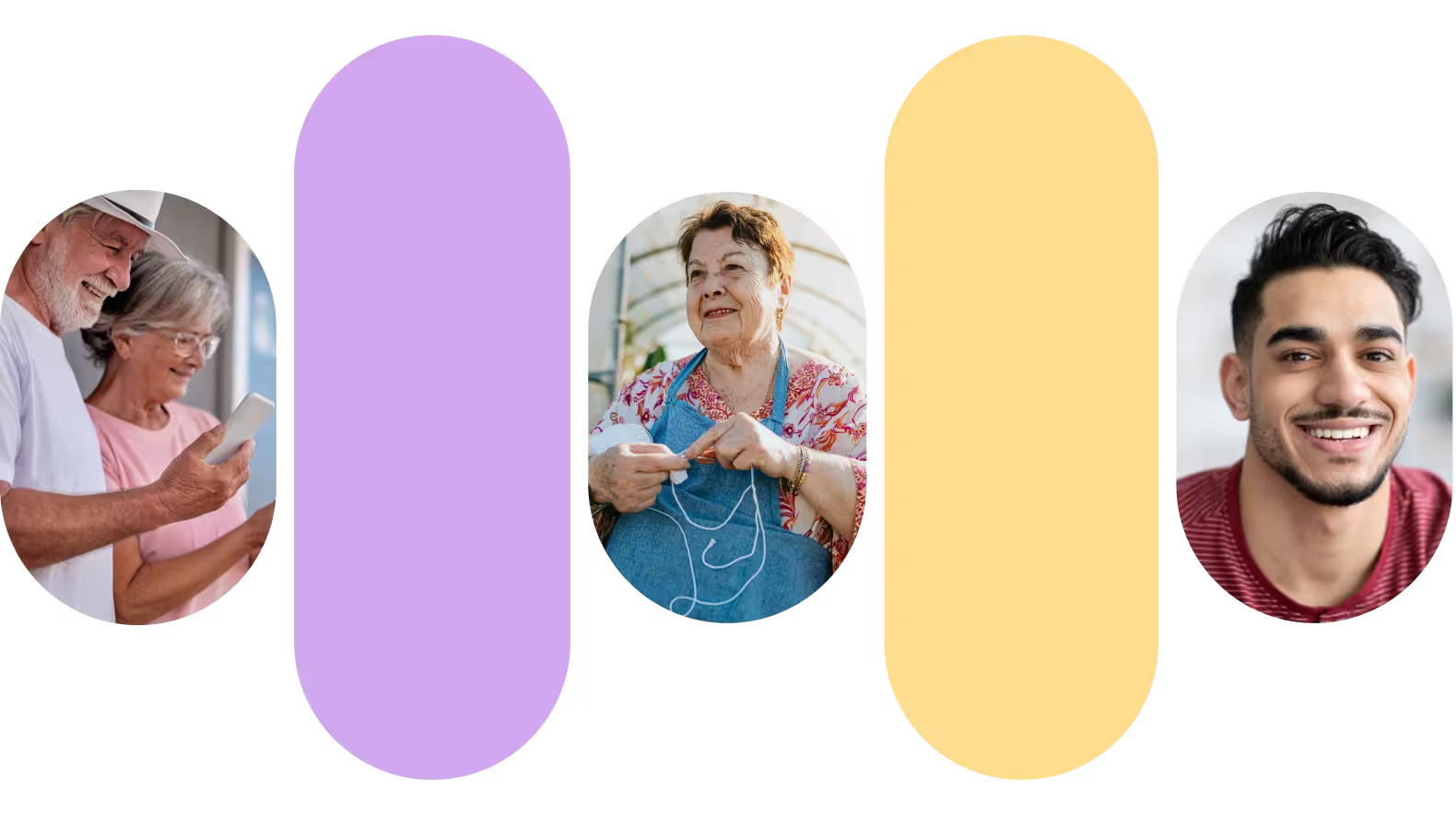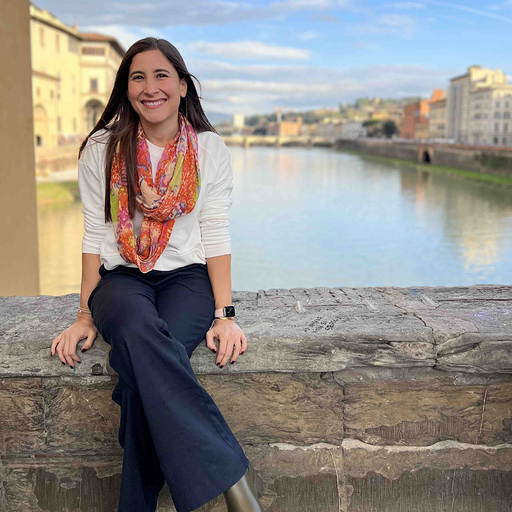The Evolution of Hearing Aids: Latest Advances in Hearing Aid Technology
Hearing aids have come a long way since their inception. Discover what new technological advancements have arrived for hearing aid technology right here!

Hearing aids have come a long way since their inception. Today, these devices go beyond simply amplifying sounds; they are smaller, sleeker, and more comfortable and incorporate cutting-edge features to enhance the user experience.
In this article, we will explore the latest advancements in hearing aid technology, delving into how these innovations transform the lives of individuals with hearing loss.
Latest Advances in Hearing Aid Technology: What’s New
Bluetooth and Smartphone Connectivity
One of the most significant advancements in hearing aid technology is the integration of Bluetooth and smartphone connectivity, a vital component of many tech devices.
As smartphones, laptops, tablets, and other electronic devices have become integral parts of daily life, hearing aids have adapted to work seamlessly with these devices.
Bluetooth-compatible hearing aids enable wearers to connect directly to smartphones, TVs, and computers, functioning like traditional earphones. Bluetooth can also allow hearing aid users to connect to hearing loops and use smartphone apps to reduce background noise for better sound quality, increasing comfort and confidence.
Remote Programming and Monitoring
With telehealth and remote connectivity integration, some hearing aids now offer remote programming and monitoring capability. This feature enables audiologists to adjust settings or troubleshoot issues without requiring in-person appointments, providing greater convenience for users.
Artificial Intelligence and Machine Learning
Artificial intelligence (AI) algorithms can automatically adjust settings based on environmental conditions, providing a personalized experience for users. For example, if a person attends a loud venue such as a concert, their settings automatically adjust to provide rich sound quality while minimizing distortion.
Machine learning analyzes individual preferences and patterns, refining the auditory experience by recognizing and adapting to specific user needs in real time.
Enhanced Battery Life
Rechargeable and longer-lasting batteries have helped hearing aids become more sustainable and user-friendly for daily wear, relieving the inconvenience of frequent battery changes and the anxiety of hearing aids running out of power at crucial moments.
Made for Different Lifestyles
Recognizing people’s diverse lifestyles and preferences, hearing aids now offer a range of designs to cater to various needs. Whether designed for active lifestyles, discreet wear, or waterproof functionality, the availability of multiple styles ensures that users can find a hearing aid that aligns with their personal preferences and enhances their overall comfort. These user-centered features allow users to continue enjoying the activities they love without feeling left behind.
Advanced Noise Masking for Tinnitus
The latest advancements in hearing aids relieve those experiencing tinnitus symptoms using masking noises, such as white noise, controlled through compatible apps. This customizable solution alleviates the impact of buzzing and ringing sounds on daily life.
Two-Way Audio for Calls
Two-way audio ensures clear sound quality during calls and eliminates the need for additional microphones. As technology mimics the capabilities of earbuds and listening devices, hearing aids become a versatile solution for communication in various settings such as virtual work meetings or personal calls.
Sound Amplification
The one-size-fits-all approach to hearing aids is old news. Newer models can be configured to amplify specific frequency bands, offering a more tailored and comfortable auditory experience. This customization ensures hearing aid users receive amplification where they need it most, addressing the diverse ways people experience hearing loss.
Waterproof and Durable Designs
Today, hearing aids are designed for daily life and are made from durable materials that resist wear and tear as well as water-resistant models with IP68 ratings can withstand sweat, rain, and accidental exposure to moisture.
Modern Designs
Haering aid designs are evolving to become even more discrete. Aesthetic considerations in design, color options, and materials contribute to reducing the stigma associated with wearing hearing aids.
The Importance of User-Centered Design in Hearing Aid Development
The evolution of hearing aid technology considers the importance of user-centered designs, which are key in providing a comfortable and inclusive experience for hearing aid users.
Recognizing that users have unique needs, preferences, and lifestyles, modern hearing aids have integrated a holistic approach that invites people experiencing hearing loss to benefit from hearing aid technology with confidence.
Looking Ahead: The Future of Hearing Aids
As technology continues to advance, hearing aids will become even more intelligent and intuitive. For example, hearing aids may integrate with wearable devices to track health metrics like heart rate or activity levels and become even more discreet and lightweight, with improved performance.
AI could further enhance sound processing, enabling more natural conversations in complex auditory environments, as well as integrating augmented reality (AR) could provide visual cues or subtitles for real-world conversations.
Conclusion
As you can see, the future of hearing aids looks quite promising. There have been significant improvements in hearing aids over the past few years, particularly increased processing speed and directional microphones, which improve speech understanding in noisy environments, enhance comfort and eliminate occlusion issues. These improvements have allowed greater ease and flexibility in the fitting process.
In the future, advancements in hearing aids will involve collaboration among audiologists and clinical researchers to address the multifaceted aspects of hearing loss more effectively. These developments will prioritize incorporating patient feedback to enhance the quality of devices and ultimately provide improved solutions for individuals with hearing loss.














